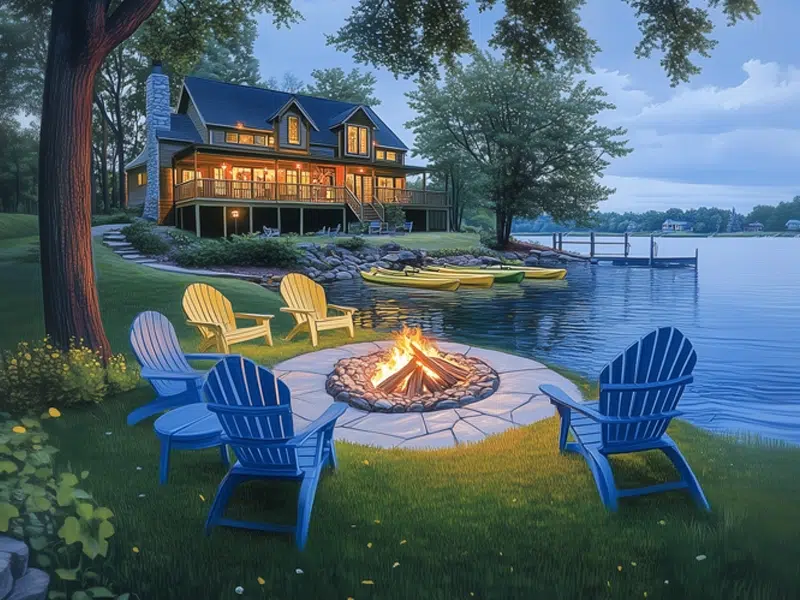Connecticut Airbnb Laws and Regulations – What Hosts in the Constitution State Need to Know
Connecticut, like many states, is continuing to update Airbnb laws and regulations as the need for short-term rentals increases. By updating current Airbnb laws and regulations, both hosts and guests are better protected. As legislation continues to change, hosts should look for short-term rental updates within local municipalities.
If you have questions about short-term rentals in Connecticut, contact Proper Insurance. Our agents are experts in the vacation rental industry. Call 888-631-6680 today.

Hartford, Connecticut
Considering Updates to Various Airbnb Laws and Regulations
Hartford is looking to update Airbnb laws and short-term rental regulations, but current regulations from 2018 are still in place within the city. A short-term rental is defined as, “A facility providing temporary lodging to the general public consisting of no more than 6 sleeping rooms with daily room cleaning services, without in-room kitchen facilities, in either an owner-occupied principal structure or in a principal structure on the same lot of an owner-occupied accessory structure.” Hartford’s short-term rental regulation also requires operators to obtain a zoning permit before offering short-term rentals.
There are limitations within the regulations such as:
- Rental frequency and rental length
- Owner-occupancy
- Maximum number of guests, and
- Rentals that become a nuisance to neighbors.
Under the current regulations, no more than four adults, in addition to related minor children, may use a single dwelling unit as a short-term rental at the same time. The regulation sets minimum usable floor area requirements of 70 square feet for one person and 50 square feet for each additional person, including children aged one or older.
The regulations also specify that short-term rental operators must obtain a zoning permit from the city; permits are valid for three years. A special permit from the zoning commission is required if an operator seeks to exceed the regulation’s default frequency and cumulative rental period limits. The city’s zoning administrator may revoke a zoning permit or special permit if he or she learns that the rental has become a nuisance to neighbors.
Cities across the US are seeking common ground regulations, and the same holds true for Hartford. By restricting Airbnb properties to single-family districts, they hope to avoid apartment buildings being turned into hotels. Currently, there is no requirement for vacation rental insurance in order to obtain the zoning permit.
Platforms like Airbnb, TripAdvisor, and Vrbo are continuing to revolutionize the vacation industry, allowing everyday people to operate their own private resorts out of their homes or extra properties they manage. Now, anyone can get started building the short-term rental of their dreams. However, before diving headlong into the real estate industry, it’s important to have the right tools to become the best investor, you can be.
Verify Your Short-Term Vacation Rental Insurance
Interested in a policy to protect you and your business from liability and damage claims? Proper Insurance is the nation’s leading short-term vacation rental insurance provider, with the most comprehensive policy on the market. We protect homes in all 50 states with unmatched coverage for your property, revenue, and business liability, customized to include guest-caused theft/damage, liquor liability, amenity liability (bikes, kayaks, hot tub, etc.), bed bugs, squatters, and more.
Please note: The information provided is intended as a guide and may not be comprehensive or current. Regulations may change and could vary by area or situation. Always consult local authorities or a legal professional to ensure you have the most accurate information for your short-term rental property.
Given that STR laws and regulations are always changing, we rely on our community to keep us informed. If you have any additional information or updates relating to our posts, let us know at info@proper.insure!




